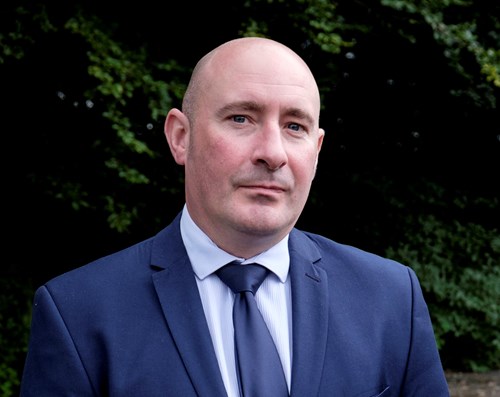Structured debriefing after traumatic incidents is vital to protect officers mental health
17 September 2021

It would be useful to monitor the number of traumatic incidents police officers attend, but structured debriefing sessions are still vital to protect officers’ mental health, Cumbria Police Federation has said.
Last week the Police Federation of England and Wales (PFEW)’s Wellbeing Lead, Hayley Aley, spoke at the Emergency Services Show and pointed out that forces currently do not hold any records about the number of traumatic incidents an officer has attended while on duty. She said collecting this data would help identify officers at risk of mental health problems.
Cumbria Police Federation Chair Paul Williams agreed, but said he thought it would be a difficult process.
He said: “Recording and monitoring of such data would be of benefit, though there may be some difficulties in managing it, due to already stretched occupational health units.
“There’s also the difficulty that trauma affects different officers in different ways, and it may not be just the trauma of an incident. It may also be the trauma of the continued overloading of work, extended shifts or departmental strains.
“I certainly think there are always improvements to be made and, with policing having evolved so fast over the past decade, the measures we had in place a few years back for managing trauma may not necessarily be appropriate now.
“Regular structured and recorded debriefing should be part of any traumatic incident, along with follow-up meetings. To an extent, this takes place, however certain incidents or a combination of incidents may not show any signs of having an effect on an officer until it’s too late, potentially years down the line. This is where recording and monitoring of these incidents would be an advantage, especially if we are looking at proactive ways in helping our staff.”
Hayley said that the national Federation had successfully piloted a scheme of regular mental health check-ups on Fed Reps, and added that this could also work effectively within forces to help all officers’ wellbeing.
She said: “What we want to do is start this conversation more broadly throughout our membership about preventative measures and what they look like on a practical level.”



















